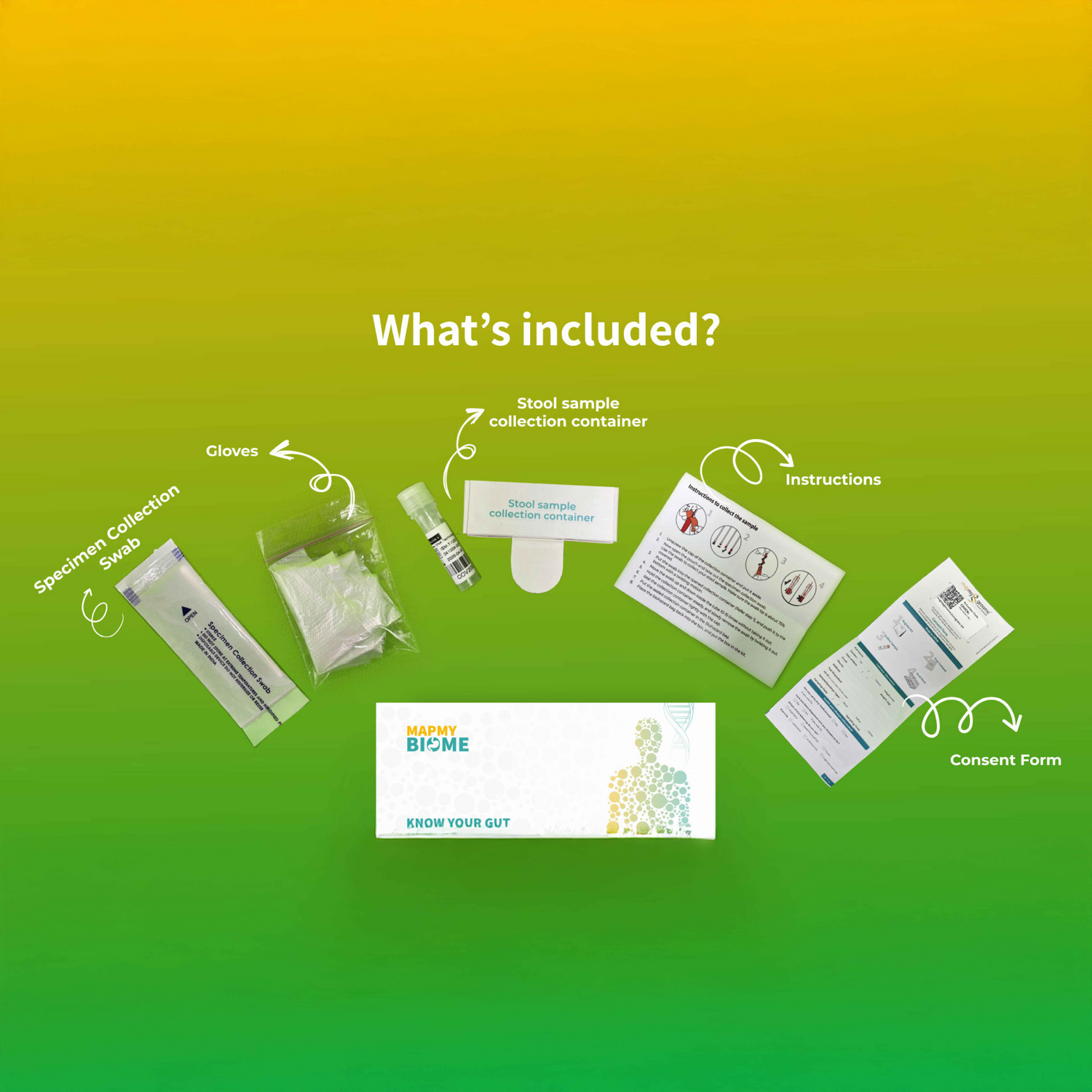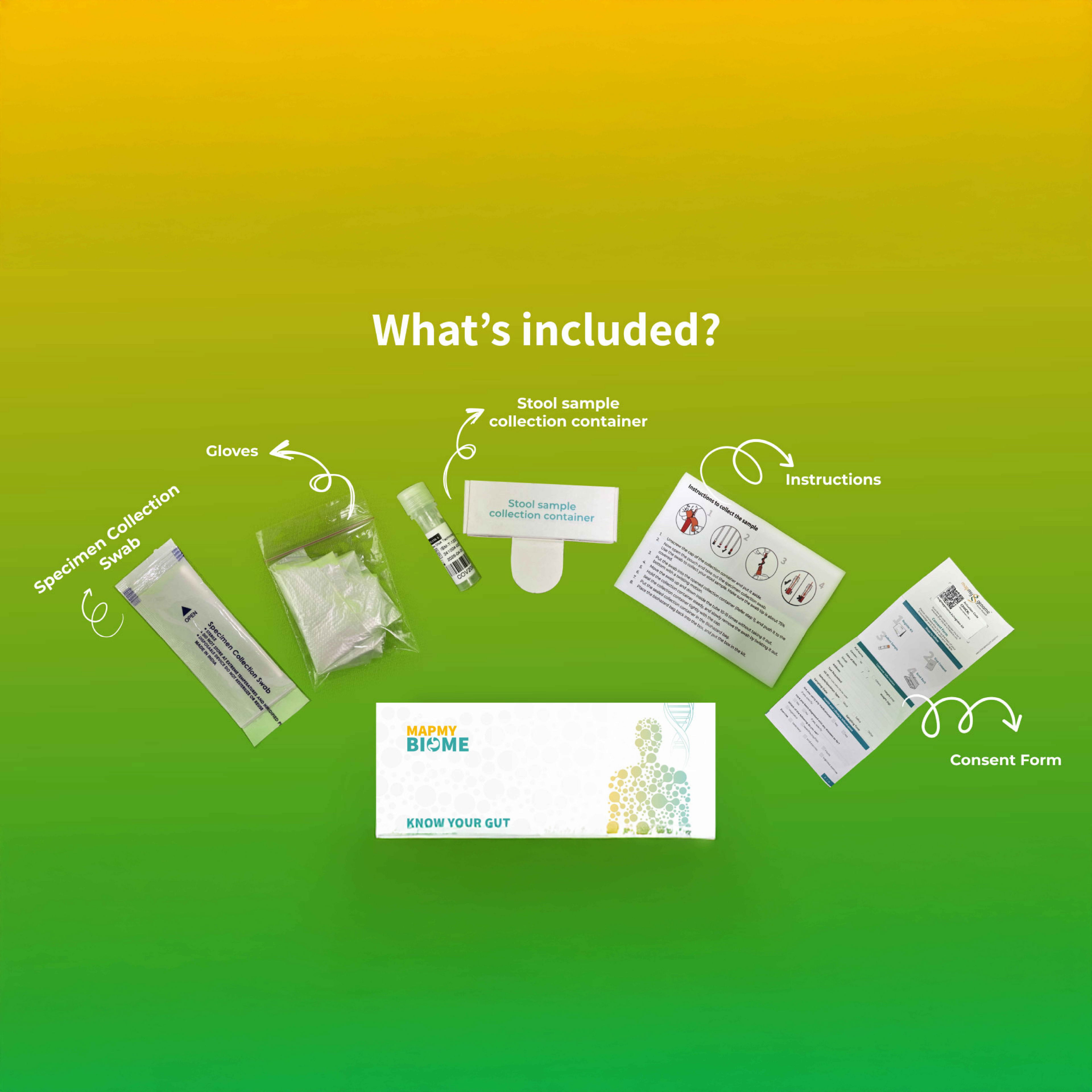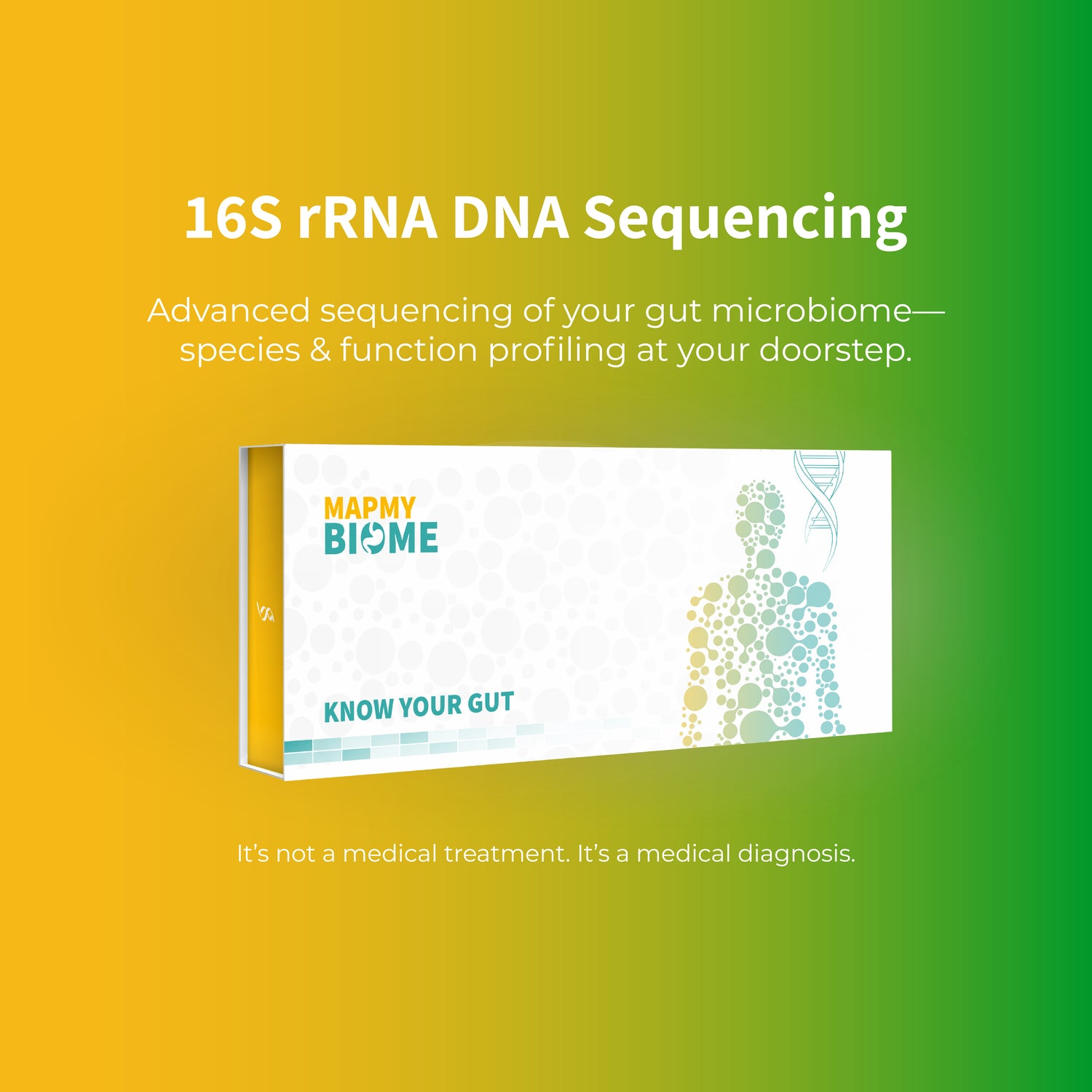Two o'clock hits and you're fighting to keep your eyes open at your desk? You're not alone.Feeling tired after a meal, often termed a "food coma" or postprandial somnolence. It is a common experience. A comprehensive analysis of the gut microbiome using 16S rRNA sequencing can provide valuable insights, particularly if the fatigue is more pronounced or persistent than usual.
Let’s understand the factors contributing to drowsiness after a heavy meal.
-
Meal Composition
Consuming large meals rich in carbohydrates and fats can lead to increased production of serotonin and melatonin, hormones that promote sleepiness.
-
Digestive Process
After eating, blood flow is redirected to the digestive system to aid in digestion, which can result in reduced blood flow to the brain and feelings of fatigue.
-
Blood Sugar Fluctuations
High-carbohydrate meals can cause a rapid spike in blood sugar levels, followed by a sharp decline, leading to energy crashes and drowsiness
-
Hormonal Changes
Eating triggers the release of insulin, which helps cells absorb glucose. This process can also increase the uptake of tryptophan, an amino acid that contributes to the production of serotonin and melatonin, further promoting sleepiness
-
Circadian Rhythms
The body's natural circadian rhythms can cause a dip in alertness during the early afternoon, which may coincide with post-meal drowsiness.
How the Gut Microbiome Might Influence Post-Meal Sleepiness?
-
The Microbiome–Gut–Brain Axis
The gut and brain continuously communicate via the microbiome–gut–brain axis. Gut bacteria produce neuroactive molecules—like serotonin, melatonin, GABA, and others—that can influence sleep and alertness. Changes in the microbiome might shift these signals toward promoting drowsiness after eating.
-
Influence on Sleep Patterns
Research suggests the composition of the gut microbiota may causally affect sleep traits—and vice versa. Although these studies focus on broader sleep behaviors, they support the idea that gut bacteria can modulate how easily we fall asleep or how deeply we rest
-
Diet, Metabolism, and Sleep Intersect
Systematic reviews show the gut microbiome plays a role in both sleep disorders and metabolic syndrome—conditions often influenced by diet. Alterations in gut bacteria and their metabolites may therefore be a common thread linking post-meal fatigue with metabolic and sleep health.
-
Dysbiosis, Inflammation & Energy Drain
An imbalanced microbiome can damage the gut barrier, allowing bacterial toxins like lipopolysaccharides (LPS) to enter the bloodstream—a condition called metabolic endotoxemia. This can trigger inflammation and fatigue, potentially amplifying post-meal drowsiness
How Gut Microbiome Analysis Helps with Post-Meal Fatigue?
-
Identify Dysbiosis Patterns
A gut microbiome profile can reveal imbalances—such as low SCFA producers or high LPS-producing bacteria—linked with fatigue.
-
Guide Dietary or Supplement Interventions
If butyrate producers are low, more fiber, prebiotics, or targeted probiotics may help boost SCFA production and reduce inflammation.
-
Monitor Treatment Effectiveness
Repeat microbiome testing before and after dietary changes can help monitor shifts in composition and assess whether fatigue improves as the microbiome normalizes.
-
Inform Broader Strategies
If intestinal permeability (leaky gut) or inflammation is suspected, tailored dietary adjustments—like including anti-inflammatory foods or managing endotoxin exposure—can be planned
What Mapmybiome Gut Test Reveals about food coma?
- Microbial Diversity & Composition
Sequencing the 16S rRNA gene helps identify the diversity and relative abundance of gut bacteria. In chronic fatigue conditions like ME/CFS, research shows a reduced diversity with fewer beneficial bacteria (e.g., Faecalibacterium prausnitzii, Roseburia) and sometimes an increase in pro-inflammatory species. This dysbiosis may correlate with fatigue severity.
- Link to Fatigue Mechanisms
The gut microbiome affects fatigue through multiple routes:
-
Short-chain fatty acids (SCFAs) such as butyrate, which support gut barrier function, reduce inflammation, and fuel colon cells. Reduced levels are associated with fatigue
-
Metabolic endotoxemia—when bacterial lipopolysaccharides (LPS) leak into the bloodstream—can trigger inflammation and result in post-meal fatigue
- Neurotransmitter precursors, like tryptophan, used to make serotonin or melatonin, may be diverted through gut-linked pathways, impacting sleep, mood, and energy.



















